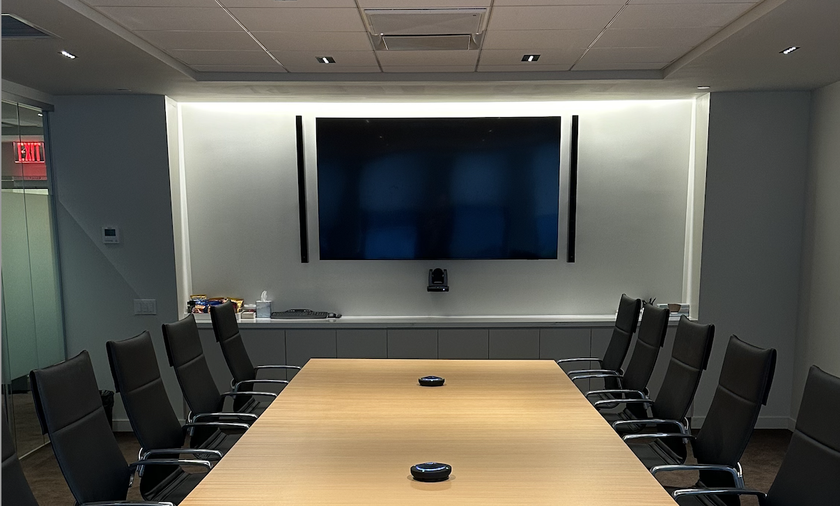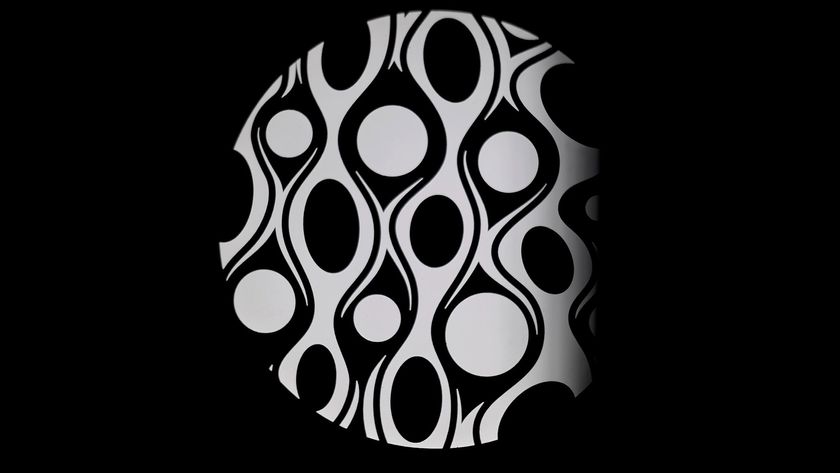MERIDIAN, MS--On a June day in 1965, a young man walked across a stage to receive his college diploma. Every graduate that day was filled with the hope of a bright future, but this one was different. Hartley Peavey had no aspirations of landing a dream job or working his way up someone else's ladder. In the spirit of the times, he was bound and determined to do "his thing." The previous few years had proven that Hartley's "thing" was building amplifiers (he had already received his first patent by 1964). So on that day, with a few thousand dollars he had scraped together and a logo he had sketched out in high school, Hartley Peavey set up shop in Meridian, MS, and Peavey Electronics was born.
This time in the MI industry was the age of the conglomerates, as practically every major player had been purchased by corporations outside of the industry. The end result was increased prices and decreased quality. Every struggling musician sang the same lament: "Why can't anybody make good equipment for a reasonable price?" This was all the opportunity that Peavey needed.
Soon after the first Peavey product was launched, musicians began to take notice and the industry was left scratching its collective head. How did he do that? And how did he do it for that price? The finer technical points are all well documented at the U.S. Patent Office, but the one common factor that all Peavey products shared was that they weren't built to make money; they were built to make music.
This philosophy altered the course of the music industry and continues to drive Peavey Electronics today. Consequently, the company has been building amplifiers continuously under the same ownership and management longer than any other major American amplifier manufacturer and is one of the world's largest manufacturers of musical instruments and professional sound equipment. Peavey produces more than 2,000 products sold in 137 countries and has earned more than 180 patents worldwide.
Hartley's belief that to make something better, you have to make it differently also changed the way musical instruments were manufactured. Peavey brought the industry into the 21st century 25 years early by employing computers on the production line. By adapting the CNC routing and copy lathe methods that had previously only been used in furniture and gun making, Hartley produced the first truly computer machined, precision made musical instruments. Although Peavey was the first to employ these production techniques, today they are industry standards.
2010 has seen Hartley Peavey honored with the MIPA Hall of Fame Lifetime Achievement Award, the highest honor given in the global music-products industry. Winning the lifetime achievement award hasn't slowed Hartley down - he is still looking ahead and dreaming up his company's next big innovations. Stay tuned to see what's next from Hartley Peavey and his revolutionary brands.









